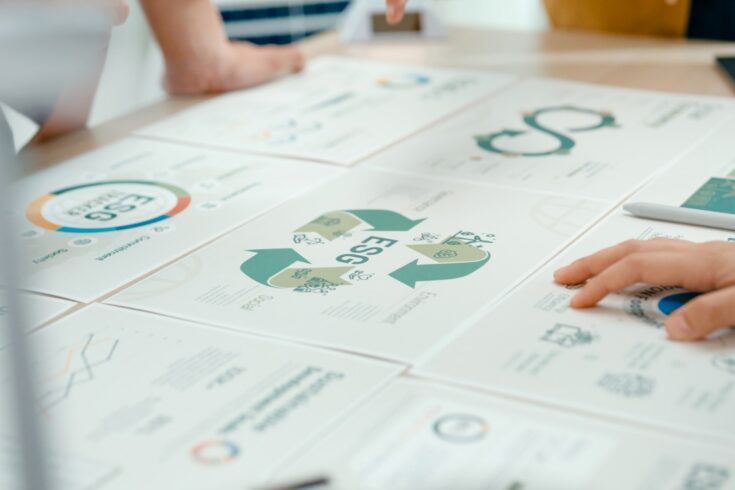All organisations involved in the health sector are painfully aware of the health implications of climate change. With increasing numbers of heart and lung conditions, as well as cancers, the burden on healthcare in the UK is increasing. Treatments typically tackle only the symptoms, not the actual causes.
To start tackling the causes, we need to look at the environmental implications of health research, which also impact our health.
A conference for sustainable change
In April 2024, the Medical Research Council (MRC), in collaboration with the NHS and the National Institute for Health and Care Research (NIHR), organised a joint conference. The conference showcased some of the research that was funded by each organisation relating to environmental sustainability within our respective settings of medical science and medical practice. It was attended by researchers, funders, healthcare and environmental sustainability professionals from the UK, as well as representatives from Spain and The Gambia.
At the conference we learned about some readily achievable ways that would make a positive difference in the environmental sustainability of medical research and practice. This included implementing better practice in management of data and computing, such as the GreenDisk certification.
Another is changing from the use of single-use plastic surgical gowns to reusable textile ones. We heard about the huge amount of plastic gowns being disposed of daily, and at significant cost, when washable, textile gowns are perfectly appropriate.
We also heard about the environmental impact of prescription drugs, which are entering the food chain by being present in the soil and water. There is an understanding that wastefulness in medical research and practice is an environmental issue which also wastes precious money.
More sustainable ways for better research
There was a discussion amongst funders and charities about the funder’s role in driving environmental sustainability in the sector which highlighted the challenges and opportunities. It was seen as a real progressive step to launch the Concordat for the Environmentally Sustainability of Research and Innovation Practice.
The concordat represents a shared ambition for the UK to continue delivering cutting-edge research, but in a more environmentally responsible and sustainable way. With this, the sector can move collectively with established principles of what is considered good practice. Colleagues at Wellcome and Cancer Research UK were applauded for establishing eligibility for access to funding on the basis of whether organisations are signatories to this approach.
The research community has consistently voiced the need for guidance and tools that allow for the assessment of environmental impact and how to better design research projects and activities. UK Research and Innovation is now starting to gain support from funders within the UK and beyond to build such a tool or guidance with a unified approach.
Implementing shared knowledge
There were also discussions on how knowledge from research and the good practice that many apply is effectively disseminated. We know that researchers are really good at finding relevant literature in journals. However, many of the other actors in driving sustainability do not use these methods, such as technicians, estates professionals and procurement experts. As funders, we want to see the knowledge that is discovered is also implemented in practice. Citations may not be the best way of measuring impact of this type of research.
MRC, the NHS and NIHR agreed that this conference needs to take place annually and that tangible actions are shown as outcomes from the event, which we will track during future events.
It is important that the three organisations continue working together to be more impactful in effecting change and making a positive difference. I am delighted to work with our colleagues at the NHS and NIHR on organising the next event.
Read the report on the 2024 conference.




